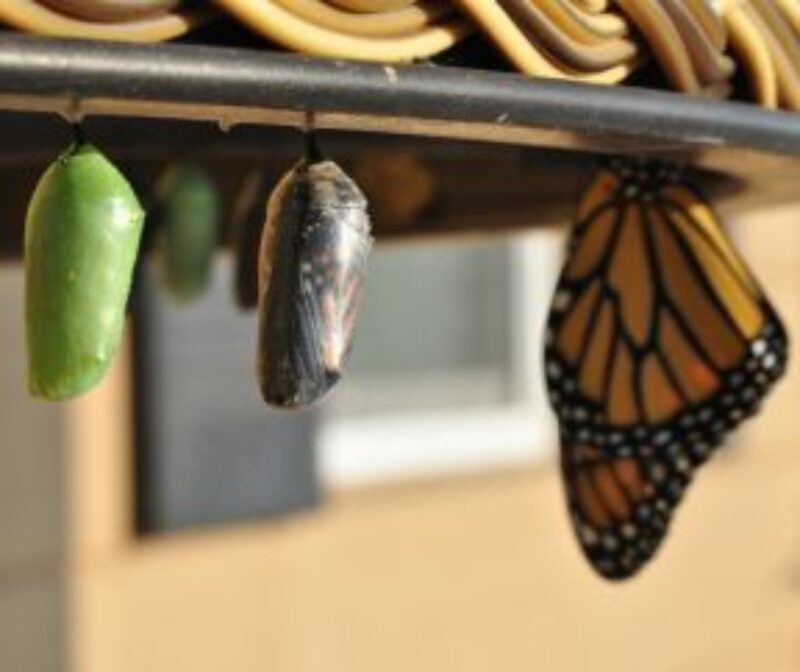How can we cultivate patience for the journey to our goals?
Remember that goals are a point in the distant or somewhat distant future. They require a journey. This is why adding patience to the framework of our goals can make success more likely and even more enjoyable.
Imagining a future desired response can help pave new pathways for our brains and emotions to follow in an acute moment of stress. It can help us replace undesirable reactions with our desired responses.
Try the following practice to explore how developing patience might be the missing link to changing a habit or achieving a goal.
- If you have a goal in mind, write it down on a sheet of paper and describe it in a couple of sentences.
- Why is this goal important to you? Explain with a couple of sentences.
- In an ideal world, when would you like to see this goal achieved?
- Imagine yourself on the journey to this goal, doing your best to implement your strategies. Then, you experience a setback that affects your desired timeline. Envision what your reaction might be (discouragement, frustration, shame, disappointment, anger, defeat). Think about what your body would feel as you experience this response (tense, heavy, a pit in your stomach, headache).
- Now, imagine applying a patient response to this setback. How would you like to see yourself respond (with love, self-acceptance, acknowledgement, perseverance, gratitude)? (Perhaps considering how you would counsel someone else to respond to a setback could give you insight here.)
- Envision yourself responding in your ideal way. What do you feel in your body as you initiate this response (peace, relaxation, lightheartedness)?
- Fully embrace this moment, allowing yourself to reflect back on it the next time you have an opportunity to extend patience to yourself and your situation.
Further reading:
Atomic Habits by James Clear
Continue Exploring

Hope
Patience: The Missing Link in Your New Year’s Resolutions
Most people don't achieve their New Year's resolutions. Here's how to approach your goals in a new way to sustain your journey.

The Power of Patience: How to Wait Well, Persevere Through Suffering, and Navigate a Fast-Paced World with Dr. Sarah Schnitker
What are you willing to wait for? What are you willing to suffer for? Research psychologist Sarah Schnitker (Baylor University) has done groundbreaking work in the science of patience. By exploring the ways to become more patient with others and ourselves—and discovering the role of this timeless virtue in a flourishing life—she offers us a freeing and stabilizing approach to thinking about goals, perseverance, and navigating our fast-paced world.

Practices
A Practice: Patiently Setting Goals toward Purpose
Why is patience so important for achieving our goals? We need patience to stay the course and persevere. Get help with this practice.

